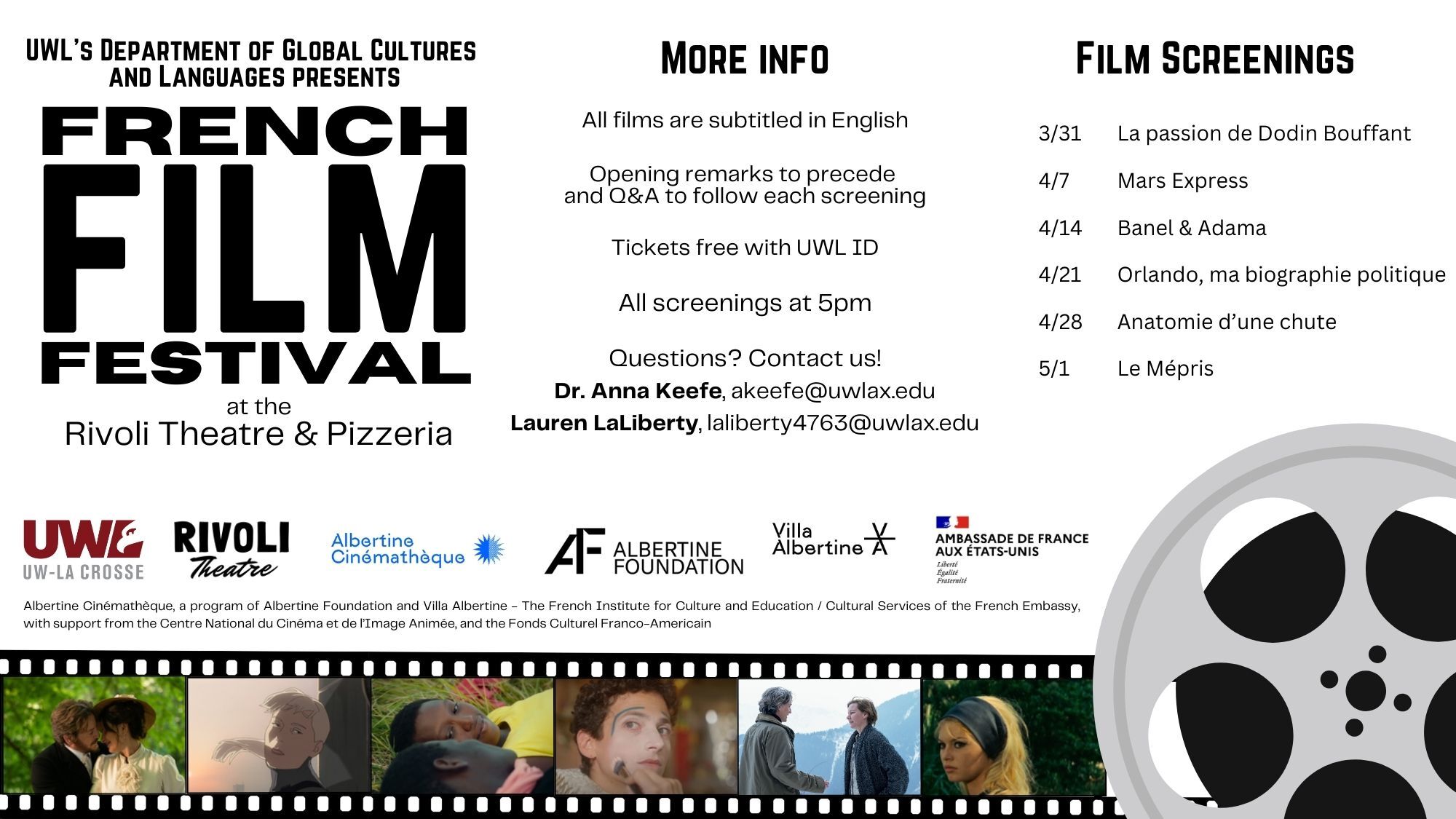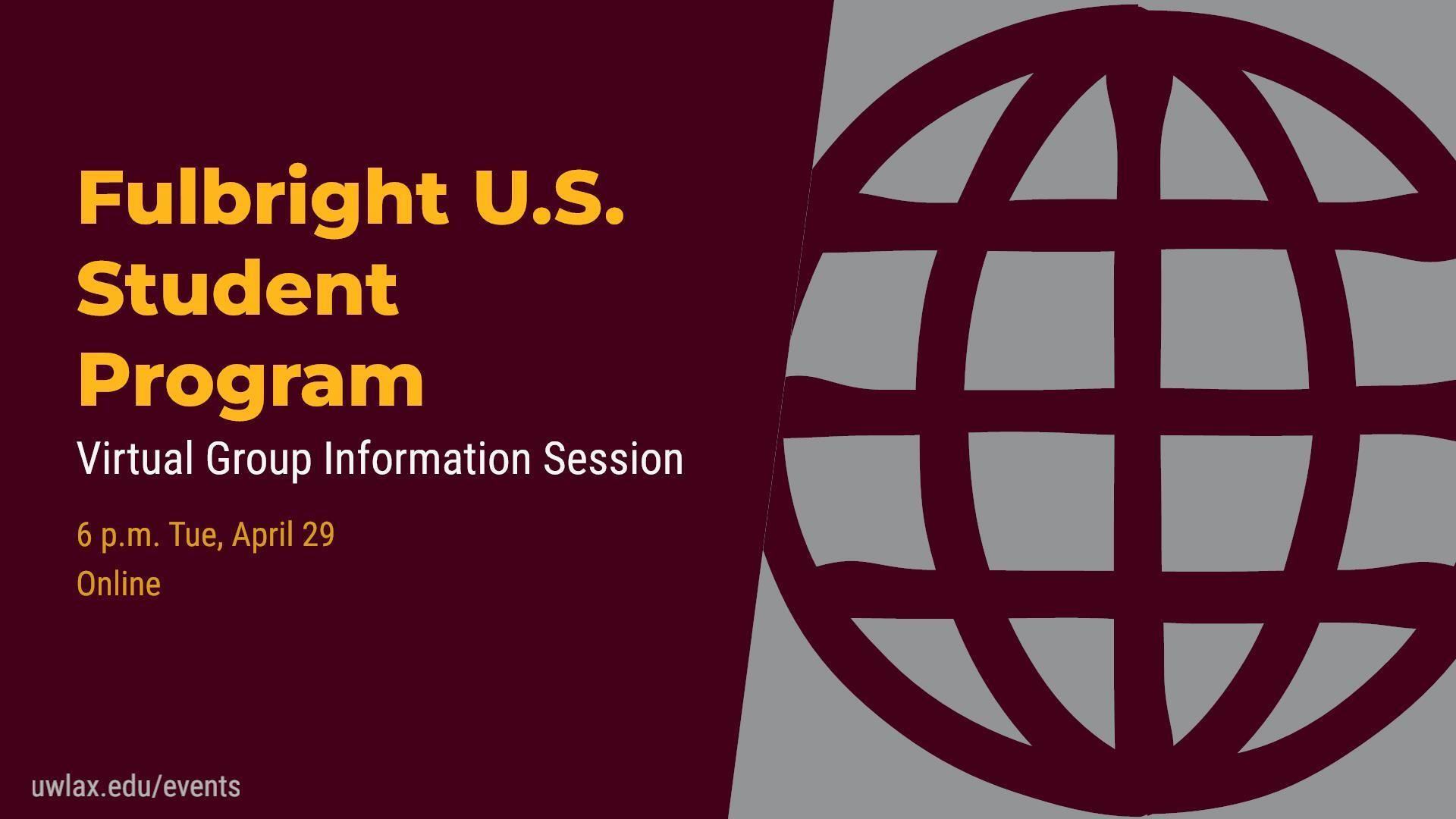Race & Ethnicity Abroad
A page within International Education & Engagement
Students of various racial and ethnic backgrounds may encounter a range of approaches regarding diversity and inclusion while abroad. Those approaches may be similar to those in the U.S., the opposite, or somewhere in between. Some students may be welcomed as a local due to their ethnic background while others may find themselves in the minority for the first time. It is important to keep in mind that countries have different social and cultural norms, and terms that are not considered very inclusive or politically correct in the U.S., might be accepted as normal in other countries.
As any student preparing to study abroad, you will need to do some research and some of that research will need to be focused on your race and ethnicity. Learning about the racial climate of each country before you choose a program, will help you make an informed decision.
These are some things to consider to help you think about your race and ethnicity while looking at study abroad programs:
- How is the relationship between that country and the U.S.? And the history between both countries?
- How do people in the that country tend to view U.S. citizens now? Before?
- How is my ethnic group perceived in that country? Are there any stereotypes?
- How will I feel if I am the only student of color in a cohort of other U.S. citizen on my program?
- Is there a history of discrimination that people like myself have faced in that country? Is there a chance that I will experience discrimination there?
- Who will I contact in that country, if I do face racial or prejudicial incidents? Are there any organizations to support people like me?
- Are there any laws against discrimination based on race and ethnicity?
- How can I talk to my family about how studying abroad in that country will contribute to my academics and career goals?
This research will help you be prepared if an incident arises, but it is not meant for you to go abroad expecting racism or discrimination. Your Education Abroad Advisor will be more than happy to help you with your research and navigate this information when looking for programs.
Remember that UWL is a member of the Diversity Abroad Network and education abroad advisors and students can utilize their resources. To learn more about the education abroad process and programs offered at UWL, we encourage you to attend an Education Abroad 101 session, attend our Education Abroad Fair, and/or schedule an appointment with our office. We are here for you!
Resources
Diversity Abroad - Students can create a free account.
Minority and Students of Color Abroad
Student's Testimonials
LaKiah

LaKiah
Interpersonal Communication, Teaching English to Speakers of Other Languages
-
a white female student
-
As a White woman studying abroad in Morocco, I experienced being a racial minority for the first time in my life. Growing up in La Crosse and attending UWL, I had never lived in a place where I was a racial minority. When studying in Morocco I was unable to fade into the background anywhere I went because my pale skin and red hair marked me as a foreigner to the mostly racially homogeneous Morocco.
When a friend and I traveled together, we were charged more because it was clear I was a foreigner. After the first time she pointed this out to me, I became aware of how I couldn’t blend in like I can in many ways here at UWL.
Walking in the medina, taking a taxi, or going to classes, I felt aware of my identity as a foreigner. Part of what I gained from my study abroad experience in Ifrane, Morocco was insight into my own identity and an understanding of the experience of being a visible minority. Wherever you chose to study abroad, the setting and culture will create opportunities to reflect on your identities and face the challenges that develop because of them.
Megan

Megan
Sopciology & Spanish
-
a white female student
-
Before I studied abroad in Cusco, Peru, I had never been the only white person in the room, or in my case, on the bus to class. The first few times I took the bus alone to class, I felt very out of place. As a pale redhead, I stood out very obviously. Many times, children would stare at me for the whole bus ride from my home stay to campus. My host mom was very comforting when I told her about my bus rides and how I felt out of place. She mentioned that many of the children may not have ever seen my hair color before. That had never occurred to me. Having come from Minnesota, I was used to being in the majority. For me, it was eye-opening to experience briefly what it felt like to hold, even for my short period of time abroad, a minority status. Despite standing out for obvious reasons, Peru felt very safe and the locals there were so kind to me and my classmates. I would encourage everyone to study abroad! I think being pushed out of your comfort zone is a great way to learn more about yourself.
Isabel

Isabel
Psychology & Ethnic and Racial Studies
-
a 1st generation Latina student
-
As a first generation student of color, college can be so overwhelming and exciting at the same time. It is a huge learning curve to understand how be a successful student in a university setting because there are many new things to get familiar with such as FAFSA, time management, scholarships, etc. But, there are super exciting parts of the journey because new fun opportunities that you haven't even heard of before are right around the corner. That's what my study abroad program was for me. Coming from a working class family, I never even considered the idea of studying abroad because I thought it would be too expensive and would delay my graduation. I am happy to announce I will be graduating in 4 years and was able to pay a very affordable amount out of pocket for my faculty-led trip to Italy! I was able to use financial aid, received a summer Lawton Grant and an I-Engage scholarship. It is definitely a possibility for you to study abroad too! I thought that I wouldn't be a good fit to study abroad, but if it is a goal of yours- there absolutely are ways to make it happen. Go out there, and find your fit with a study abroad trip. I promise you won't regret it.
Ma Lee

Ma Lee
Cultural Anthropology and Professional Communication
-
a Hmong-American, 1st generation student
-
I identify as a first-generation Hmong-American. I am currently double majoring in Cultural Anthropology and Organizational and Professional communication. During my junior year, I studied abroad in Seoul, South Korea. The thought of studying abroad has always attracted me and I knew that I was going to study abroad one way or another. As a first-generation Hmong American and being extremely close to my family, it was very challenging to push myself out of my comfort zone and follow through with my goal. Being away from my family for four months caused some anxiety. I was completely alone and experiencing new cultures, a new way of life, and a new language. But, I could not have been happier. I was able to meet amazing people from all over the world and learn about myself. Every second while studying abroad was a learning experience and it was one of the best decisions that I have ever made. I highly encourage anyone who is interested in studying abroad to reach out to International Education & Engagement to learn more. There is no doubt in my mind that studying abroad is highly beneficial.
Joslyn

Joslyn
Spanish
-
a Mexican-American, 1st generation student
-
I identify as a Mexican-American, first generation student at UWL. I decided to study abroad in the summer after my third year of college. I declared a major in Spanish with an emphasis in occupational therapy. When I first started college, I knew I wanted to study abroad at some point in my college education but didn’t know when and if it was possible. Being a first-generation college student, everything is new and can be very overwhelming. There are no heads up for what you are getting yourself into. As a first generation student you learn to adapt and turn to many different people for guidance. Studying abroad for me felt like I was starting college all over again, but luckily, I had three years of higher education under my belt. Adjusting to a new campus, environment, people, culture, etc. was a lot easier than what I thought. I think that being able to take the step to study abroad you need to develop enough courage in yourself to take that leap of going through the experience. Studying abroad definitely enhanced my college experience at UWL; therefore, I encourage all students to at least look into it!










